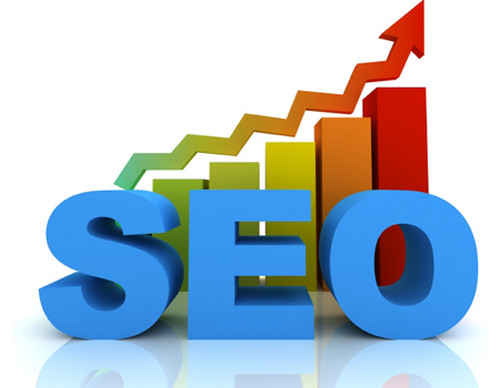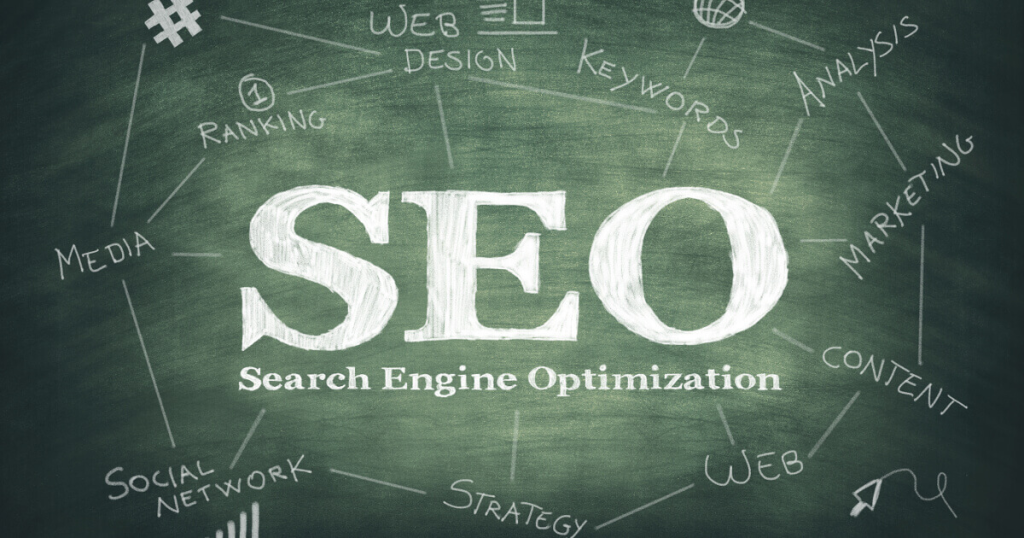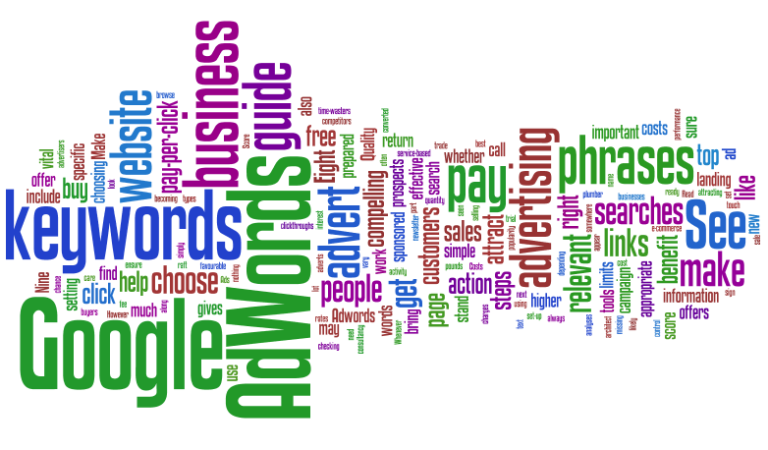
Every marketing strategist should be able to comprehend search engine optimization (SEO) and how it aids in driving visitors to a website. However, are you aware of the best ways to employ your SEO knowledge and resources to push your pages to the top of search engine result pages (SERPs)? Making sure your website or product ranks as highly as possible is no easy undertaking. We’ve put up six SEO secrets to assist you climb the rankings as a result.
1. Keyword Research
In order to reach your primary demographic or target audience, one of the main strategies to get your blog to the top result in the SERPs is through the use of keywords. If you know how to use SEO effectively, you should be able to determine what terms people are searching for and figure out how to use those terms in your blogs and website content to raise your rating. By including these keywords in your content, you’ll not only make it easier for visitors to locate your website but also be able to inform them about your goods and services and answer any questions they may have. This will subsequently aid in increasing traffic to your pages and posts. Including a FAQ page on your website is another simple approach to integrate keywords there. You establish yourself as a pertinent and trustworthy source of information by focusing on frequently asked questions and posting answers to them on your website. If you do this, Google will reward you with a higher position and may even place a highlighted rich snippet of your website at the top of the search results.

2. Optimization of Meta Tags
Meta tags are brief passages of text that summarise a page’s content. They only appear in the page’s source code and are not visible to the reader or on the page itself. Meta descriptions assist in informing search engine algorithms about your page’s content and what parts of the page to show in the SERPs. Meta tags come in four primary categories:
A. Meta Keywords
As a result of its devaluation, this kind of tag is no longer in use. Previously, unconnected content would appear higher on the SERPs and would attract more traffic and clicks from unrelated websites because people would add unrelated tags to their pages so they would appear when anyone searched for those terms. For this reason, Google no longer incorporates meta keywords into their algorithm.
B. Title Tags
The most significant kind of meta tags are these. When a Google search is initiated, they are the lines of text that a person can see following your website’s HTML. In essence, it’s a condensed, keyword-rich version of your title that is used for SEO. This aids in the search engine’s placement and ranking of your website or blog article. You are also given the option of maintaining a more formal title for your viewers on the post or page itself.
C. Meta Description
The meta description element is what appears beneath the article title or website header when you search for something on Google. These are the paragraphs of text that follow your meta title and inform search engines about the content of your page. They will also be visible to the user and have no bearing on your SEO ranking, but they are beneficial for people who are trying to choose which links to click. However, it’s crucial to understand how to use this meta tag and combine keywords to enhance overall SEO ranking. Most of the time, it can just be a random grab quote from the post or page.
D. Meta Robots
This code informs search engines whether or not to trust your page. Although you don’t need to know how to code to carry out this phase, a seasoned digital marketer will be able to make effective use of these tools to support their SEO campaign.
3. Content Optimization
To ensure that your pages generate repeat traffic, boost ranks, and remain pertinent in the market, content optimization is crucial. Make sure your material is accessible to everyone if you want to succeed and attract as many people as possible. In a similar vein, you must guarantee that the reader will find your website and postings visually appealing. People are less inclined to believe the information on your website or visit it again if it appears that it hasn’t been updated in a while. Search engines can extract all of the content from your websites and blogs to improve your rankings. This means that in order to improve your ranks and, ideally, website traffic, you should use keywords as frequently as you can.However, make sure to naturally incorporate your keywords and avoid cluttering your content with them. Your keywords should also be pertinent to your topic. Writing content and tweaking it so it makes sense within your selected topic is the key to success in this. It should flow naturally, address the reader’s concerns, and provide enough knowledge to pique their interest in continuing to read.

4. Schema Markup
Code known as schema markup is added to your page to assist search engines in giving users more relevant search results. If used properly, it explains to the search engine not just what your page says but also what it means. The search engine knows the meaning of the material because of the schema markup and the code that has been added to the page. As a result, it is being indexed and returned to the user who is searching for the phrase with the most pertinent information. Although it may not always benefit your website’s SEO rating, this can increase traffic and website clicks.
5. Link Building
When determining how to rank a page on Google, search engines take into account both the content and the links on the page. Consider it as a recommendation or referral: The more links that point to your post or website from other websites, the higher your SERP position will be. In addition to giving search engines a vote of confidence, looking for linking opportunities on other high-domain websites demonstrates that this page is worthwhile linking to and that the content must be accurate. It is beneficial when establishing mutually beneficial ties with other businesses and influencers. You are both assisting one another and increasing your user base if they link to your website and you connect to theirs.
6. Website Speed Optimization
In the realm of digital marketing today, website speed is crucial. Since people’s attention spans are getting shorter and shorter, it is crucial to grab their attention as soon as they land on your page. People will almost certainly search elsewhere for their information if a website is too slow. You must have a solid website hosting package if you want to increase the speed of your website. You may give your consumers a more solid website by making sure that your website is supported by a secure and dependable hosting source. Additionally, you need to make sure that your photographs are optimised for quicker website loading. Large picture file downloads can make your website load slowly.Use a graphic editing programme to compress the image file size or one of the many plug-ins your hosting provider provides to resolve this issue.







